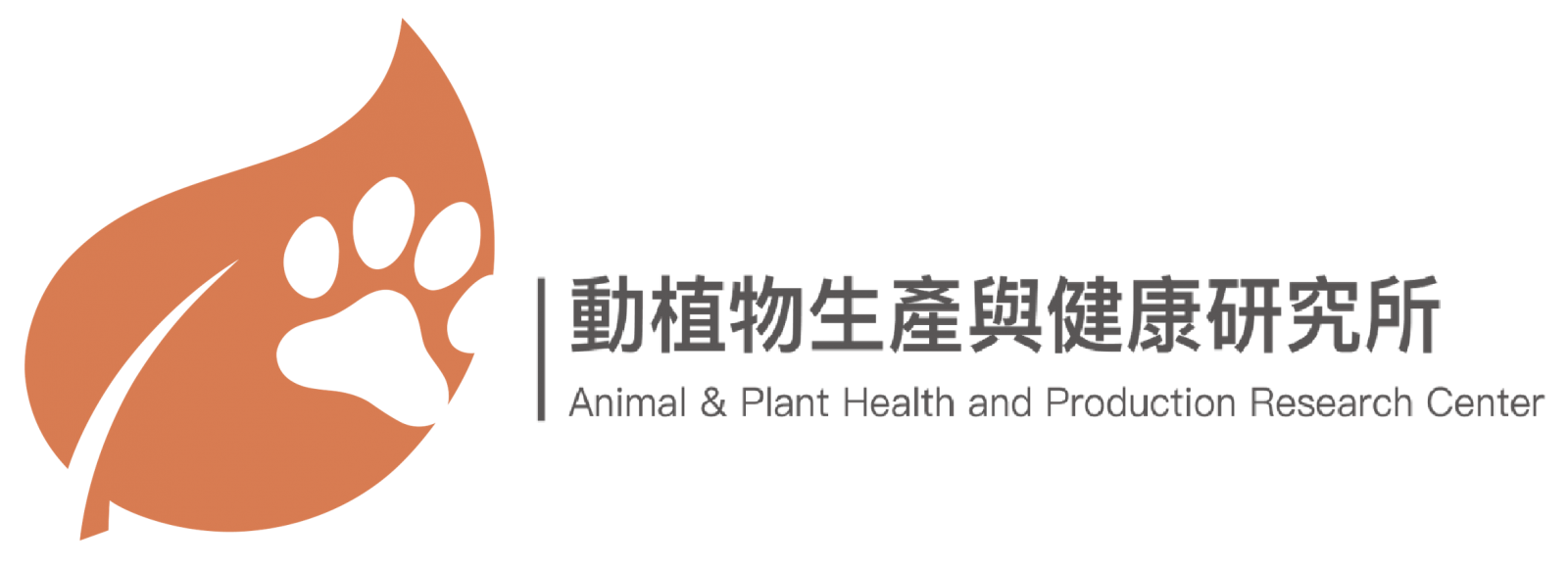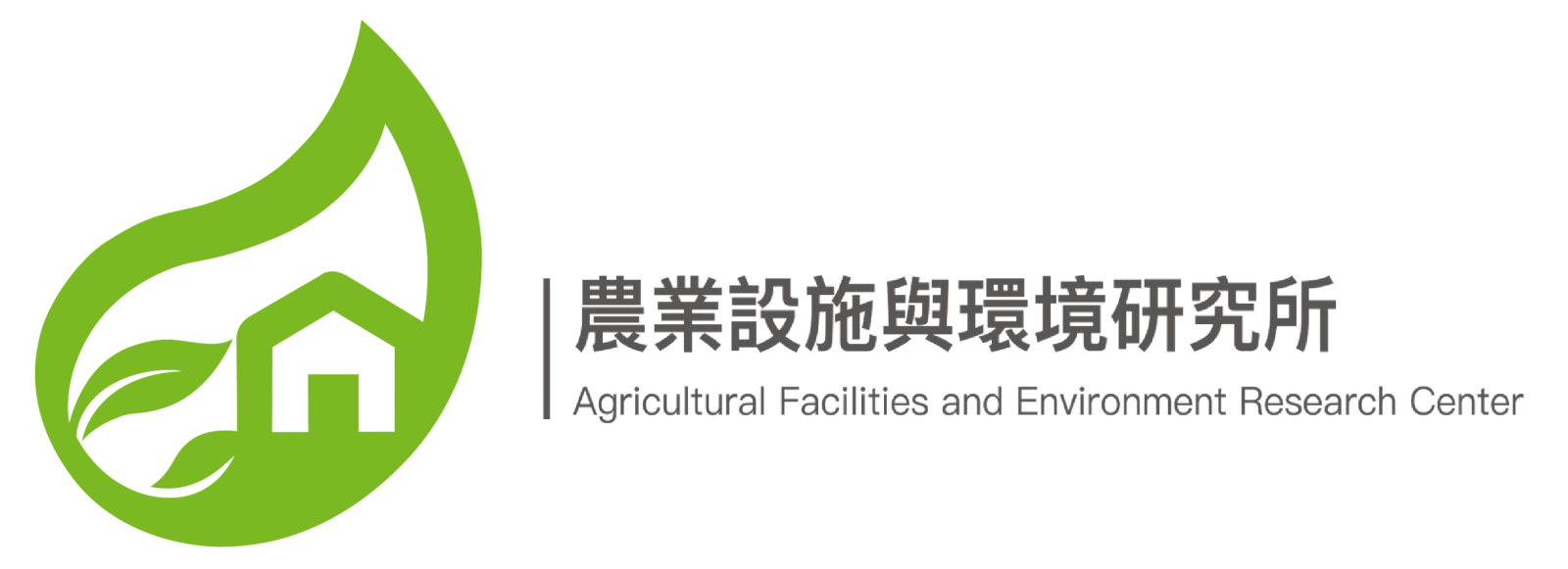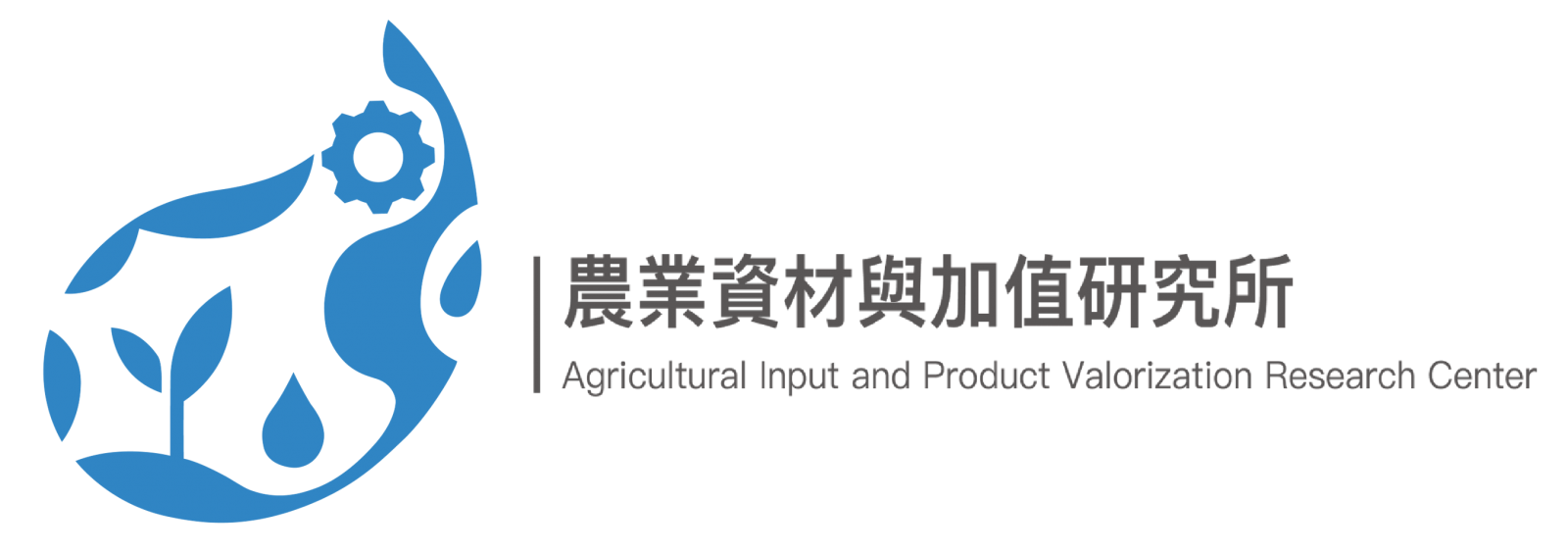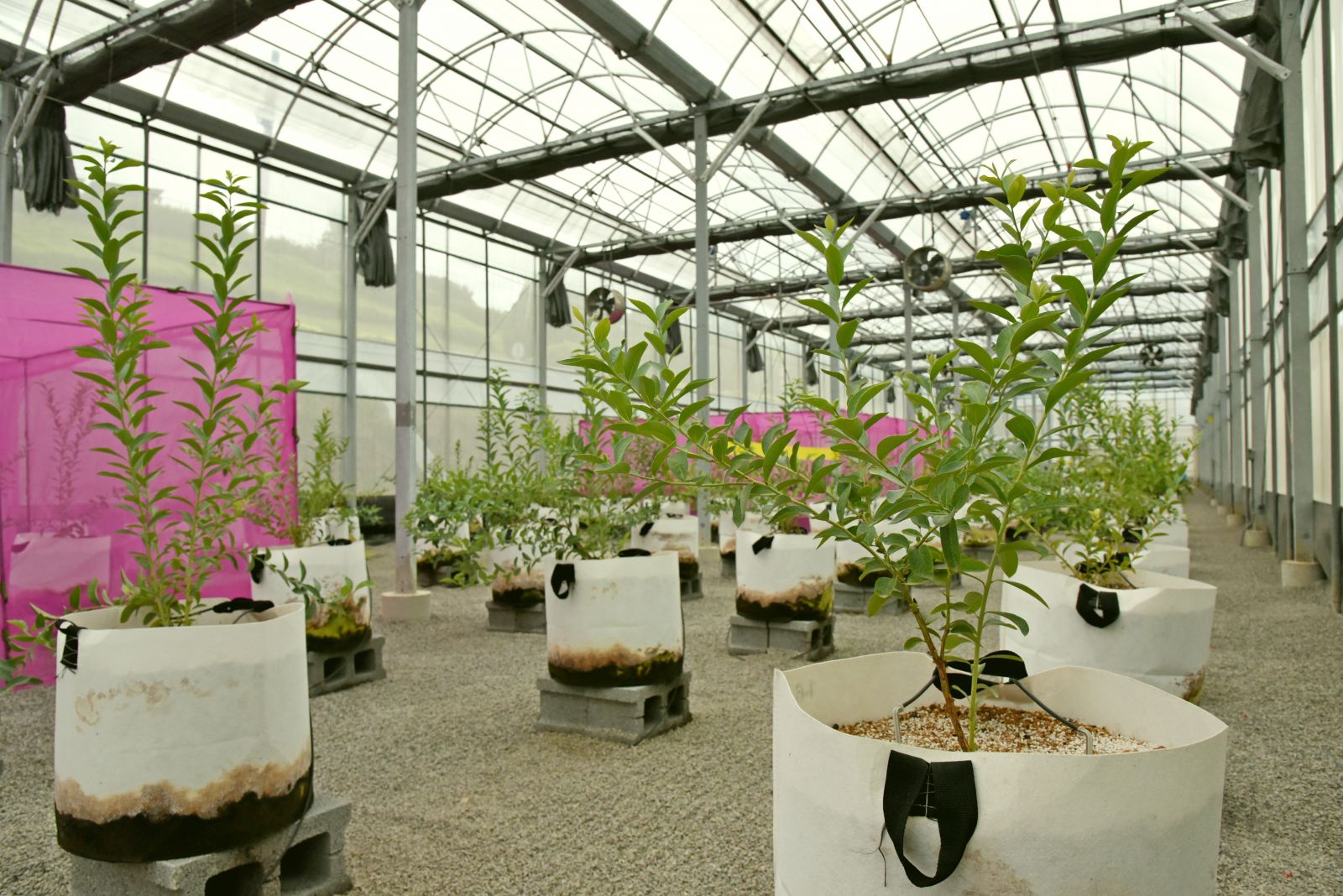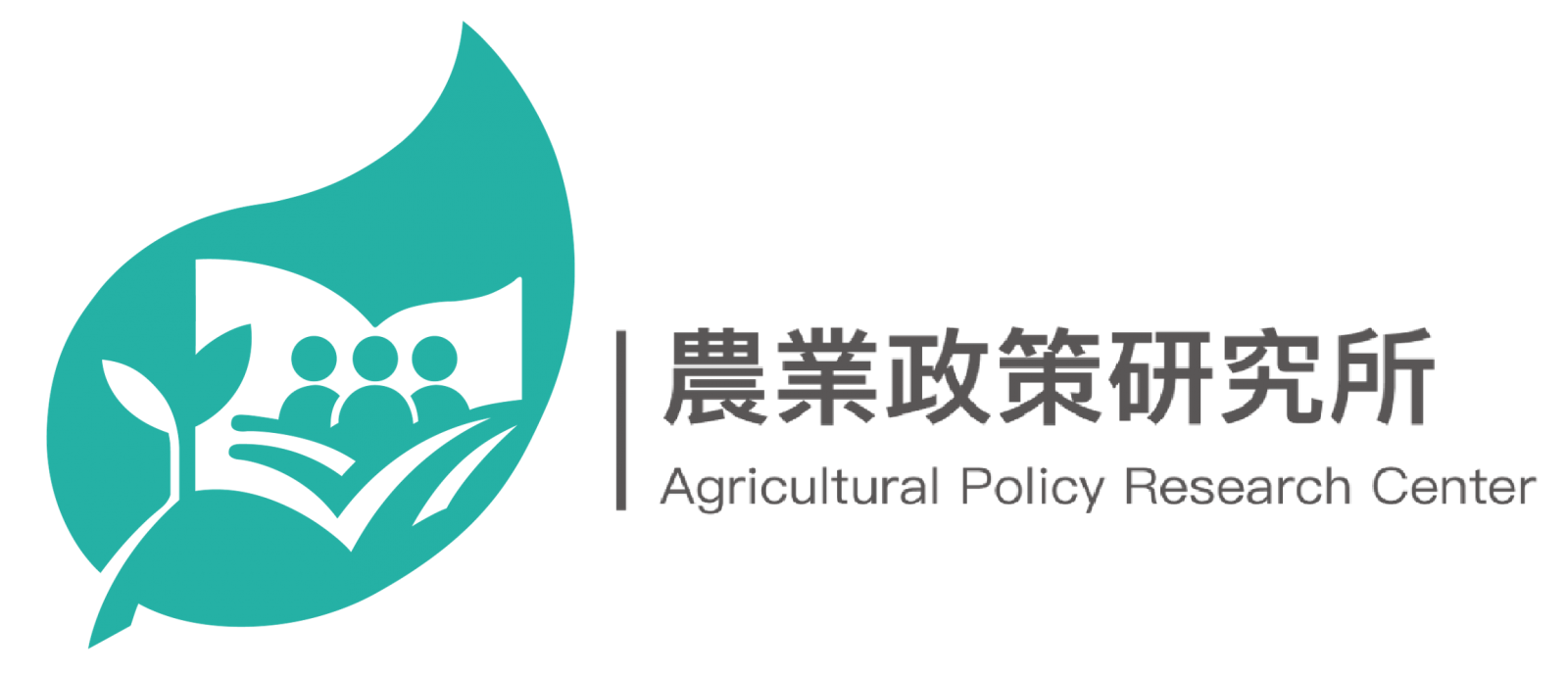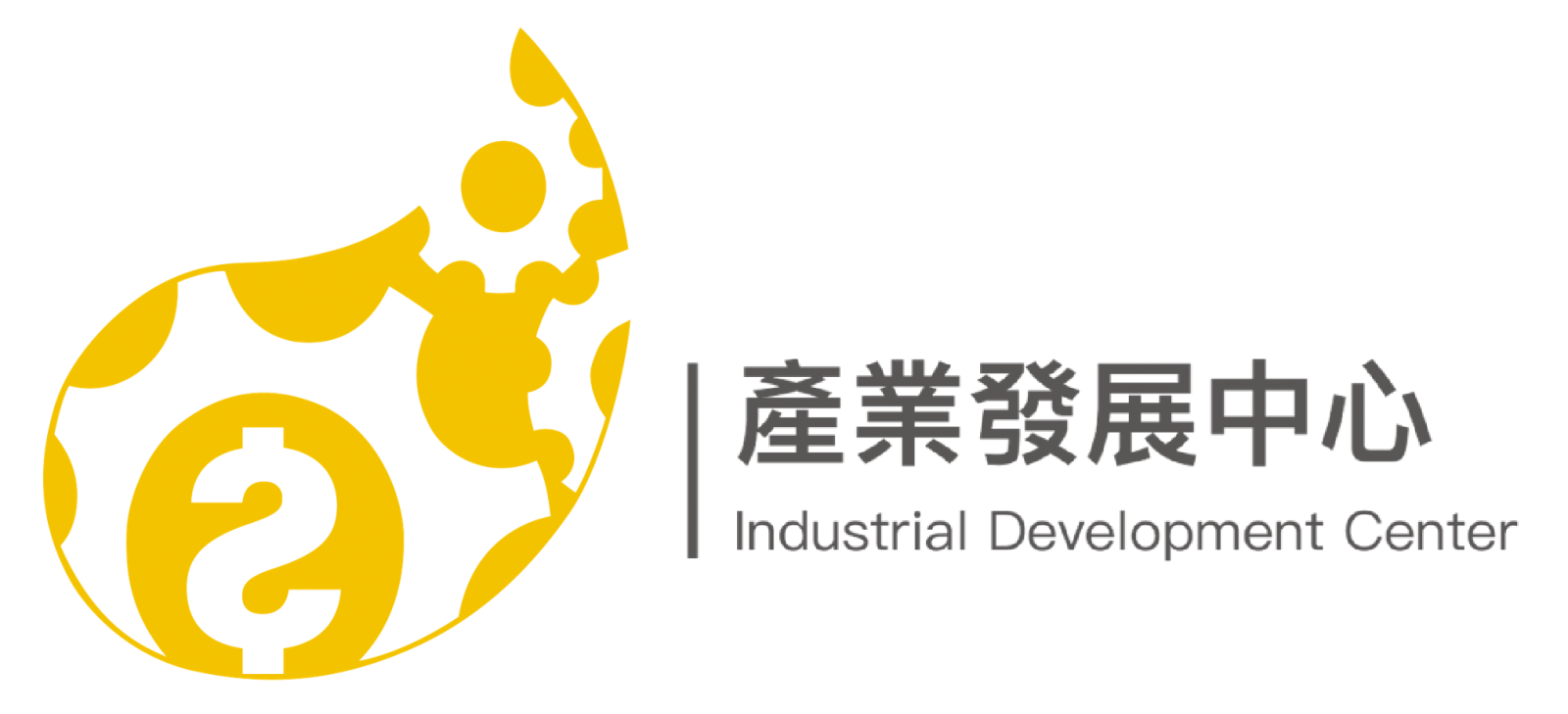
Organization
Organization

The Animal & Plant Health and Production Research Center aims to integrate research and development resources in the fields of animal science and plant science. Its focus is on developing technologies and platforms for large-scale field production of animals and plants, disease surveillance and control, and innovations that enhance nutrient absorption and physiological regulation, thereby safeguarding overall animal and plant health.
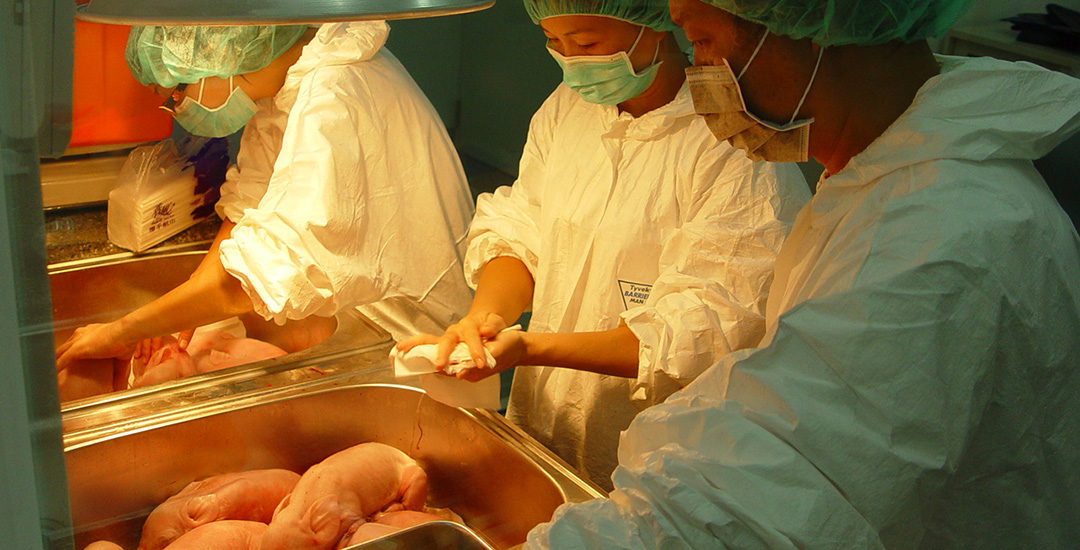
To meet the needs of business development, the Institute is organized into three research divisions: the Division of Animal & Plant Production, the Division of Animal & Plant Health Management, and the Division of Animal & Plant Nutrition and Physiology. Their primary missions and responsibilities are as follows:
Division of Animal & Plant Production
Responsible for developing and applying key technologies and platforms required for industrial-scale production of animals and plants, building data management capabilities, and optimizing production models to improve overall productivity.
- Selection, preservation, supply, production, optimization, and management of experimental and economically valuable germplasm or seedlings of animals and plants.
- Introduction, cultivation, propagation, and applied development of special experimental and economic animal and plant varieties (lines).
- Control of animal and plant production technologies, parameter analysis, and husbandry management.
- Development, application, and commissioned services of animal and plant production trial models.
- Other matters related to the industrial utilization of animal and plant resources.
Division of Animal & Plant Health Management
In charge of research and development of technologies related to clinical medicine, population-level epidemic prevention, disease surveillance and control, and health management of animals and plants, in order to reduce disease risks and safeguard biosecurity in production sites.
- R&D and optimization of animal and plant health management, preventive medicine, and pathogen monitoring and control technologies.
- Pathogen risk assessment, analysis, and formulation of management strategies for animals and plants.
- Development of monitoring and detection technologies for microorganisms in animals, plants, and their products, and formulation of corresponding control strategies.
- Capacity building, integration, and promotion of animal and plant health management and disease prevention.
- Other R&D and applications related to animal and plant health management.
Division of Animal & Plant Nutrition and Physiology
Dedicated to developing technologies related to nutrient absorption and physiological regulation in animals and plants, and to building optimized management strategies that enhance health resilience and natural defense mechanisms.
- R&D of materials that promote nutrient absorption and physiological regulation in animals and plants.
- Exploration of mechanisms and technologies related to nutrient absorption and physiological regulation in animals and plants.
- Establishment of key indicators and detection technologies for nutritional regulation in animals and plants.
- Development of materials, formulations, and products for nutritional enhancement and physiological regulation.
- Other applications that enhance animal and plant health and biological defense capacity through nutritional absorption and physiological regulation technologies.
The Agricultural Facilities and Environment Research Center is dedicated to strengthening technologies that enhance agricultural resilience, integrating digitalization and net-zero strategies to improve production efficiency and promote sustainable industrial development.
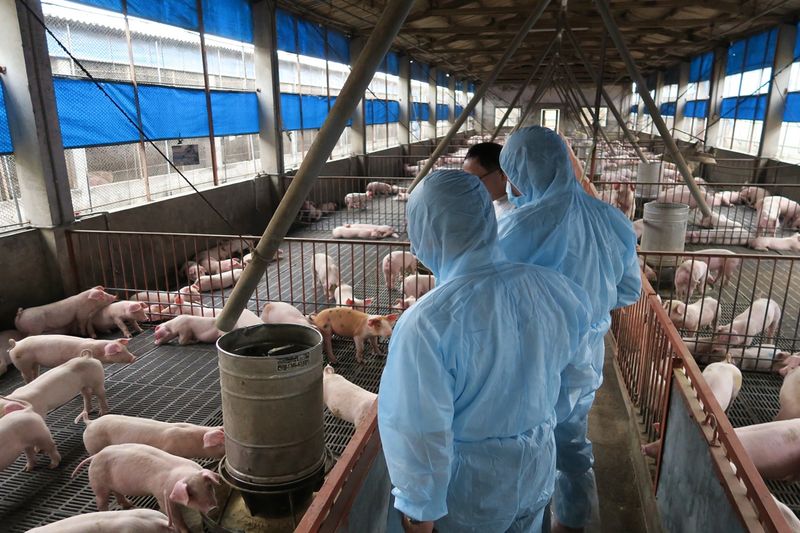
To meet the needs of its development, the Institute is organized into three research divisions: the Division of Net Zero and Digital Technology, the Division of Agricultural Infrastructure Resilience, and the Division of Sustainable Agriculture. Their primary missions and responsibilities are as follows:
Division of Net Zero and Digital Technology
Responsible for driving the digital transformation of agricultural facilities and advancing net-zero emission goals, with a focus on developing, validating, and applying key digital technologies for agricultural facilities.
- Promote agricultural data integration, greenhouse gas (GHG) reduction, and verification mechanisms to enhance the sustainability of agricultural systems.
- Research and application of smart agricultural facility technologies.
- Introduction and planning of agricultural data management and integration technologies.
- Development and application of GHG reduction methods and technologies for agriculture.
- Integration and strengthening of agricultural GHG verification services.
- Other tasks related to agricultural digital transformation and promotion of net-zero emissions.
Division of Agricultural Infrastructure Resilience
Dedicated to building adaptive and resilient agricultural production, processing, storage, and distribution systems, enhancing field-level resistance to adversity, and promoting circular economy technologies in agriculture.
- Integration and reuse of agricultural resources, technology diffusion, and sustainable applications.
- Promotion of disaster early warning systems and risk management mechanisms for agricultural production chains, strengthening overall resilience and response capacity.
- Introduction of green agricultural technologies, smart facilities, and enhancement of smart agricultural production efficiency.
- Application of stress-tolerance and adaptive technologies to reinforce resilience and adaptive capacity of agricultural production.
- Other tasks related to strengthening agricultural resilience and promoting relevant technologies.
Division of Sustainable Agriculture
Focused on developing agricultural technologies and application platforms that improve production efficiency and sustainable management, incorporating verification systems and eco-friendly mechanisms to enhance transparency and sustainability of agricultural operations.
- Promotion of traceability verification systems for agricultural products.
- Introduction and expansion of food safety and quality management verification and evaluation systems.
- Advancement of sustainable agricultural technologies and reinforcement of green production systems across production, processing, storage, and distribution.
- Promotion of circular agriculture technology R&D and applications to foster sustainable agricultural development.
- Other tasks related to building sustainable agricultural operation mechanisms and supporting policy promotion.
The Agricultural Input and Product Valorization Research Center aims to strengthen innovation in agricultural inputs and broaden the applications of biological resources. Its focus is on developing eco-friendly materials and related application technologies for animal and plant production, exploring the potential and industrial value of diversified animal and plant products, and promoting commercialization and health-related functions through advancements in processing and quality inspection technologies.
To meet the needs of its development, the Institute is organized into three research divisions: the Division of Agro-Input Innovation, the Division of Bioresource Valorization, and the Division of Agro-Processing and Health Promotion. Their primary missions and responsibilities are as follows:
Division of Agro-Input Innovation
Focused on developing and evaluating eco-friendly technologies for animal and plant materials, aiming to reduce the environmental impact of agricultural production and strengthen the foundation of sustainable agriculture.
- Development and evaluation of environmentally friendly agricultural resource materials and related application technologies.
- R&D of application technologies for animal and plant materials, along with functional efficacy evaluation.
- Application and benefit assessment of eco-friendly agricultural materials.
- Establishment of verification platforms for eco-friendly materials and technologies, strengthening empirical bases and promoting practical applications.
- Other R&D and applications related to eco-friendly technologies for animal and plant materials.
Division of Bioresource Valorization
Dedicated to exploring the potential of biological resources and promoting diversified value-added applications, integrating cross-disciplinary technologies to develop market-oriented products that enhance industrial innovation and competitiveness.
- Integration of cross-disciplinary value-added technologies for biological resources.
- Exploration of potential value and diversified applications of biological resources.
- Development of market-oriented application technologies and provision of industrial services.
- Establishment, promotion, and validation of platforms for resource value-added technologies.
- Other R&D and service tasks related to value-added applications of biological resources.
Division of Agro-Processing and Health Promotion
Specializes in advancing processing technologies, quality inspection, and functional health validation for the commercialization of animal and plant products, thereby promoting diversification and value enhancement in the agricultural industry.
- Development and promotion of standardized processing and quality inspection technologies for agri-biotech products, and facilitation of product commercialization.
- R&D of functional agricultural materials and their value-added applications in human and pet health.
- Development of processing and quality verification technologies for animal and plant products, along with product safety and efficacy validation.
- Diversified and innovative applications of agricultural products and development of emerging markets in the agricultural industry.
- Other tasks related to the processing, quality inspection, and development and promotion of health-oriented agri-biotech products.
The Agricultural Policy Research Center is dedicated to establishing the databases and analytical methodologies necessary for agricultural policy research, developing and formulating policies related to agricultural economy, sustainable environment, and rural development. The Institute provides evidence-based support for agricultural policymaking with the vision of becoming an international think tank that integrates research resources from industry, government, and academia. Its core missions include:
- Analyzing agricultural industry economics and international trade policies.
- Developing agricultural information systems and spatial technology applications, including statistical analysis, database integration, and remote sensing imagery.
- Researching policies for rural sustainability and regional revitalization, while promoting agro-fishery-mountain village development and innovative strategies for food and agricultural education.
- Advancing policy studies on environmental sustainability and ecological conservation to promote organic agriculture, biodiversity, and climate adaptation.
- Strengthening forward-looking strategic planning for agricultural industry structure and talent cultivation, and promoting cross-disciplinary integration and competency standards.
- Conducting agricultural resource and labor statistics surveys, and analyzing strategies for occupational safety support and workforce development.
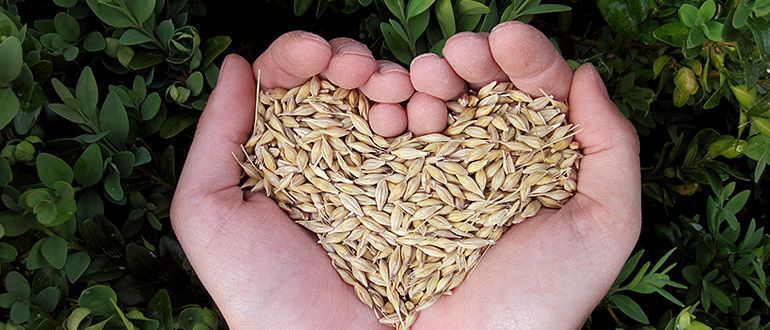
To meet its development needs, the Institute is organized into three research divisions: the Division of Agricultural Economics and Informatics, the Division of Rural Development and Environment, and the Division of Resource Planning and Strategy. Their primary missions and responsibilities are as follows:
Division of Agricultural Economics and Informatics
Develops statistical survey methodologies and systems as the foundation for evidence-based agricultural governance, enhances information integration and application, and establishes agricultural decision-support databases and information tools to support surveys and data analysis.
- Research and analysis of policies related to the agricultural, forestry, fishery, and livestock industries, international agricultural product marketing, trade expansion, and negotiation consulting.
- Analysis of domestic and international agricultural policy developments, including food security and international agricultural organization cooperation.
- Integration and analysis of agricultural statistics and agricultural economic databases.
- Compilation of farmland databases, interpretation of agricultural remote sensing imagery, and development, management, analysis, and application of agricultural spatial information collaboration platforms and tools.
- Other tasks related to formulating policies for agricultural economy, trade, and information application development.
Division of Rural Development and Environment
Focuses on policy planning and promotion for rural sustainability, regional revitalization, environmental resilience, and climate change adaptation, as well as strategies for agricultural extension, food and agricultural education, organic farming, biodiversity, and circular economy.
- Research and promotion of rural sustainability and regional revitalization policies for agricultural, fishery, and mountain village industries.
- Research and promotion of agricultural extension and food and agricultural education policies.
- Research and promotion of environmental sustainability and climate change policies.
- Research and promotion of organic, eco-friendly, biodiversity, and resource-cycling policies.
- Other think tank and advisory tasks related to agricultural sustainability and rural environment policies.
Division of Resource Planning and Strategy
Responsible for forward-looking industry structure analysis, strategic integration of technologies, formulation of international economic and marketing strategies for agriculture and related industries, planning of food security and international agricultural cooperation policies, and optimization of agricultural labor and occupational safety support systems.
- Research and analysis of agricultural resource statistics.
- Research and promotion strategies for agricultural labor force development, new farmer cultivation, and occupational safety guidance.
- Development of agricultural competency standards and talent cultivation planning.
- Research and analysis of forward-looking industry structure strategies and cross-disciplinary technology integration.
- Other tasks related to agricultural statistics and resource strategy policy formulation.
The Industrial Development Center is dedicated to creating the most effective mechanisms for industrialization and commercialization of agricultural R&D achievements, guiding industrial upgrading and value creation, and strengthening the Institute’s role in integrating agricultural industry chains and enhancing value. By aligning R&D applications with industrial counseling and technology extension resources, the Center’s missions include:
- Strengthening intellectual property strategies for R&D outcomes, connecting with industrial validation, and driving commercialization and business development.
- Enhancing incubation services and innovation–entrepreneurship support, cultivating young farmers’ transformation, and integrating production and marketing resources.
- Expanding diversified marketing channels and market linkages to support industry growth.
- Promoting industrial upgrading, value-added applications, and knowledge platform utilization.
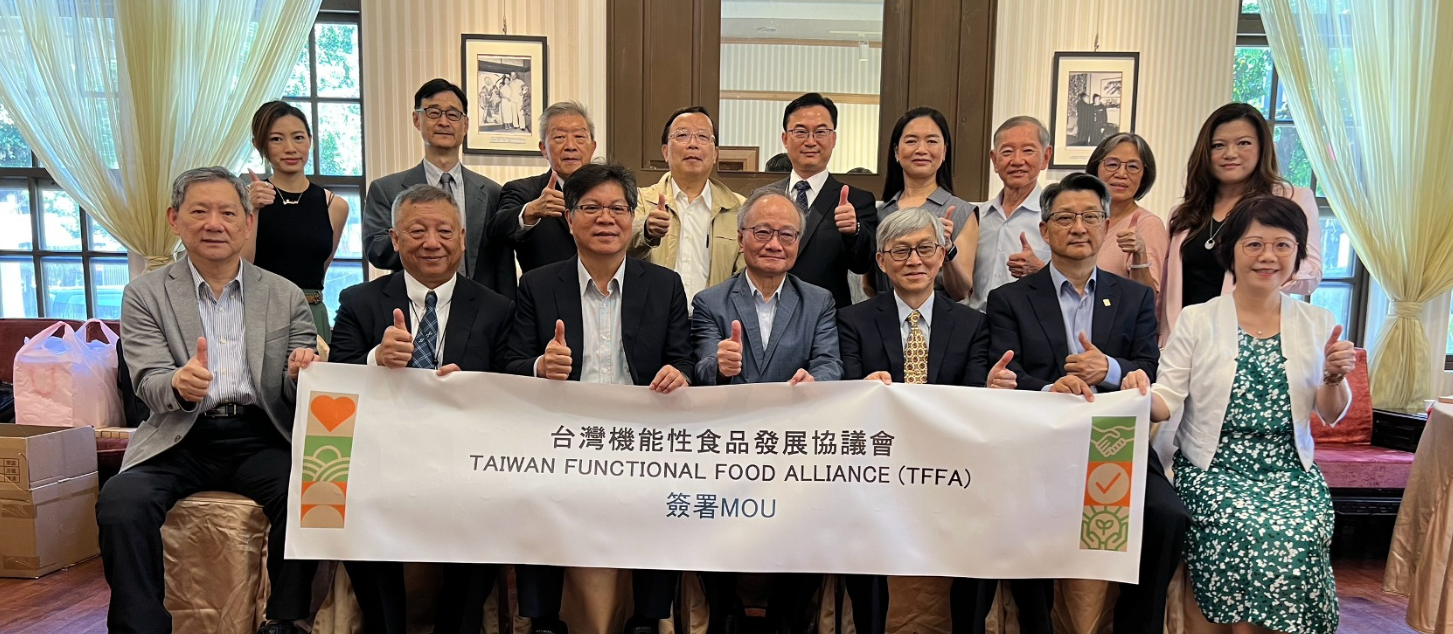
To meet its operational needs, the Center is organized into three divisions: the Division of Technology Transfer, the Division of Business Incubation, and the Division of Industrial Value Enhancement. Their primary missions and responsibilities are as follows:
Division of Technology Transfer
Focused on intellectual property strategies, technology transfer, and validation applications of R&D achievements, driving commercialization and business ventures. By aligning with industrial demand, it promotes value-added applications and marketing strategies to enhance technological impact.
- Intellectual property planning, management, evaluation, and legal consultation for R&D outcomes.
- Demonstration, industrial application guidance, diffusion mechanisms, and benefit analysis of derivative technologies.
- Development of innovative business models, commercialization strategies, and facilitation of new ventures for scientific technologies.
- Creation of technology application roadmaps, cross-disciplinary matchmaking, market connections, and domestic and international marketing deployment.
- Other tasks related to intellectual property, value management, utilization, commercialization, marketing, and market linkage of scientific achievements.
Division of Business Incubation
Centered on building an agricultural innovation and entrepreneurship incubation service platform, linking young farmer support, industry clusters, and resource integration. It nurtures agricultural enterprises in operational management, fundraising, market validation, and international expansion.
- Integration of incubation center resources, facility services, and consultation management.
- Transformation and upgrading of farmer organizations and agri-tech teams through value-added technologies, cross-disciplinary integration, and enterprise management.
- Support and counseling for innovation, entrepreneurship, business growth, and internationalization of farmers and agri-enterprises.
- Integration of agricultural and fishery product supply chains, balancing supply and demand, and introducing diversified marketing strategies.
- Other tasks related to agricultural incubation and counseling services.
Division of Industrial Value Enhancement
Dedicated to industry-specific development planning, industrial upgrading and transformation, value creation, and the operation of knowledge platforms.
- Analysis of agricultural industry trends and market demands, and planning of industrial development pathways.
- Promotion of industrial applications of agricultural R&D achievements, industry counseling, and facilitation of agricultural industry transformation and upgrading.
- Application of digital project management systems, systematic extraction of key outcomes, and creation of industrial value.
- Operation of agricultural digital knowledge bases and shared platforms to accelerate knowledge diffusion and cross-disciplinary information exchange.
- Other tasks related to industrial value creation, planning, and promotion.

